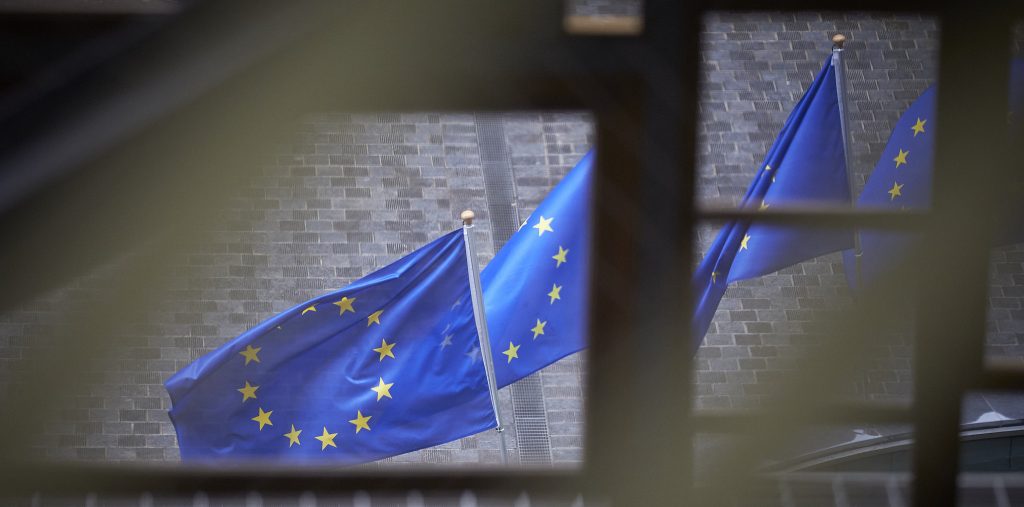
The Czech Republic in EU Single Market: Two Decades of Growth and Challenges
BY
CETA / May 24, 2024
After joining the European Union, the Czech economy experienced rapid growth. Exports to EU countries soared from 25 billion euros to 188 billion euros in 2022. The growth rate of foreign direct investment increased fourfold after the Czech Republic joined the EU. GDP per capita rose by an impressive 46%. These figures speak clearly: being part of the European Single Market has become essentially vital for the Czech Republic.











